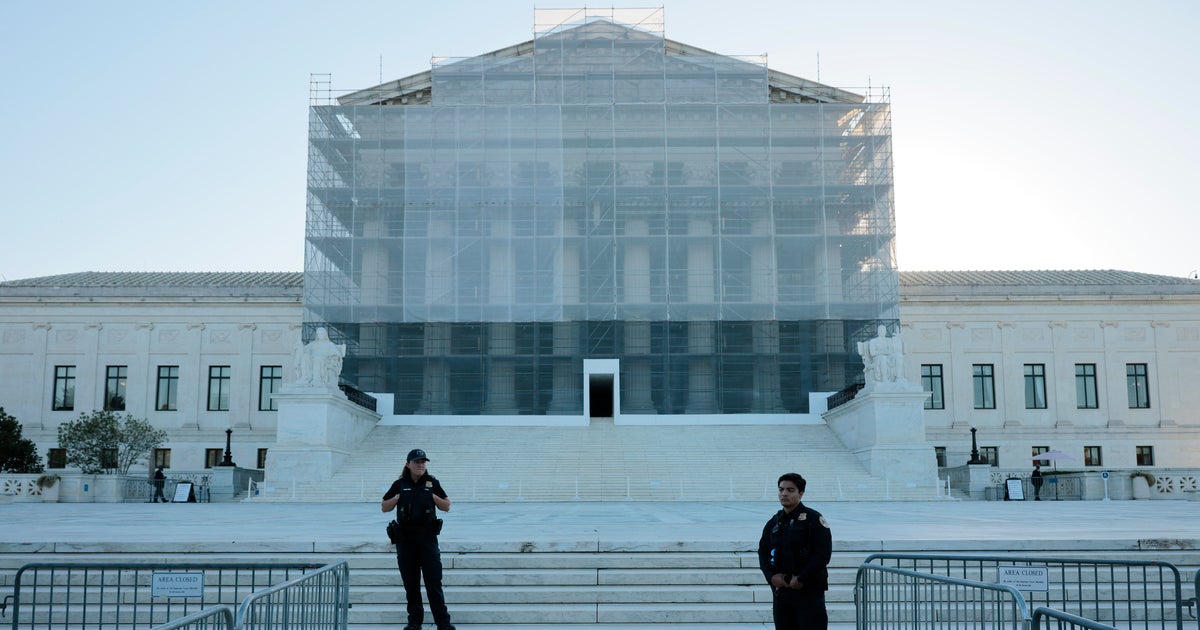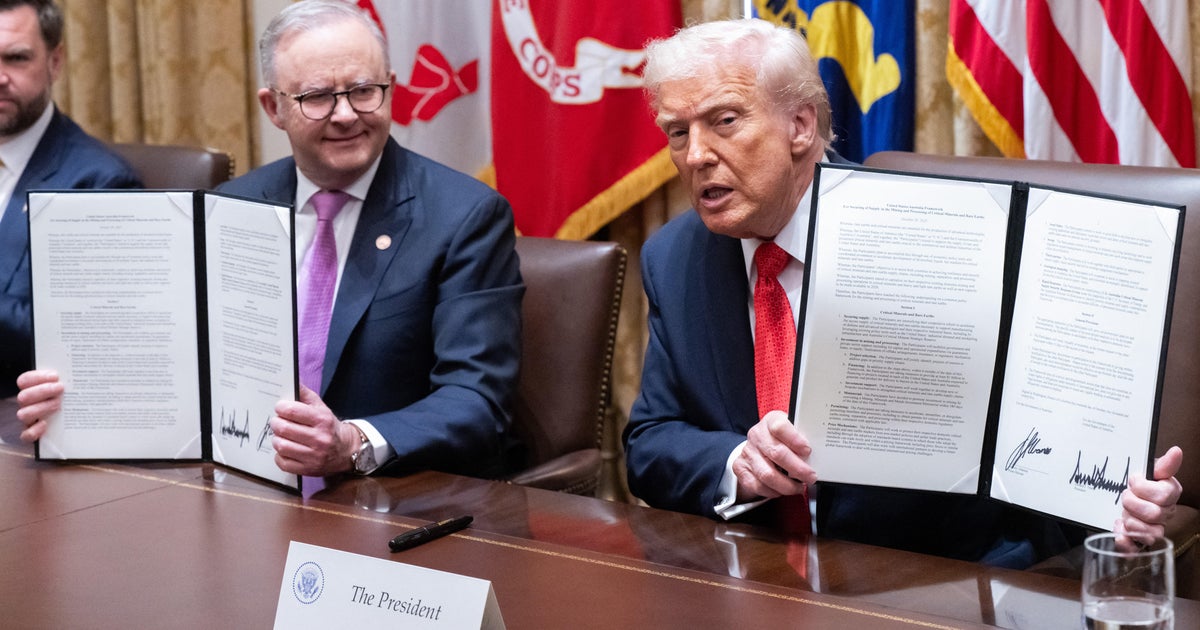Washington — The Supreme Court on Monday said it will decide whether a federal law that prohibits unlawful drug users from having firearms violates the Second Amendment, adding a second high-stakes case involving gun rights to the docket for its current term.
The Justice Department is urging the high court to uphold the prohibition, arguing that there are “narrow circumstances” in which the government may burden the Second Amendment right to keep and bear arms. A federal appeals court ruled that the law is unconstitutional in most cases, and the Trump administration said that decision should be reversed.
In agreeing to take up the Justice Department’s appeal, the Supreme Court is adding another gun rights dispute to its docket this term. It will also decide whether states can prohibit concealed-carry permit holders from bringing their handguns onto private property open to the public.
The law at issue in the case is the latest longstanding firearm restriction to come under legal scrutiny in the years since the Supreme Court ruled in 2022 that the Second Amendment protects the right to carry a firearm in public. In that landmark decision, the high court laid out a new standard for evaluating the constitutionality of gun restrictions focusing on the nation’s history and tradition of firearms regulation.
Since then, the Supreme Court has been asked to decide the constitutionality of state bans on assault weapons, as well as federal laws barring felons and people subject to domestic violence restraining orders from having guns. The high court in 2024 upheld the restriction targeting alleged domestic abusers, but has turned away the other cases.
But the legal battles have continued to make their way to the Supreme Court, including over a provision of the 1968 Gun Control Act that prohibits a person “who is an unlawful user of or addicted to any controlled substance” from having a gun.
The same restriction drew attention after Hunter Biden, former President Joe Biden’s son, was convicted last year for knowingly having a gun while he was addicted to illegal drugs. Biden pardoned his son in December, weeks before he left office.
The case before the high court involves Ali Danial Hemani, a dual citizen of the U.S. and Pakistan, who the government says is a drug dealer who also uses cocaine and marijuana, among other substances. During a search of Hemani’s family home in Texas, FBI agents found a 9 mm pistol, marijuana and cocaine. He was indicted by a federal grand jury in 2023 for violating the drug-user-in-possession prohibition, related to what prosecutors said was his “habitual” use of marijuana.
Hemani sought to have the indictment tossed out on the ground that the law violates the Second Amendment as applied to him, and a district court ordered it to be dismissed. While his case was proceeding, the U.S. Court of Appeals for the 5th Circuit ruled in two other similar challenges that the prohibition is unconstitutional.
In one of those cases, involving a “nonviolent, marijuana-smoking gunowner,” the 5th Circuit found that “our history and tradition do not support disarming a sober person based solely on past substance usage,” but may support “some limits on a presently intoxicated person’s right to carry a weapon.”
It went on to rule in Hemani’s favor in light of that 2024 ruling.
The Trump administration appealed that decision to the Supreme Court and wrote that the 5th Circuit was wrong to find that the Second Amendment precludes Congress from keeping habitual drug users from having firearms.
Solicitor General D. John Sauer argued that the firearms ban for illegal drug users complies with the Second Amendment, since it targets a category of people “who pose a clear danger of misusing firearms: habitual users of unlawful drugs.” He argued that the law prohibits gun possession temporarily — anyone who stops habitually using illegal substances can have firearms.
“The habitual drug user, in other words, always has the option of restoring his own right to keep and bear arms by simply forgoing the habitual use of unlawful drugs,” Sauer wrote. “But if he lacks the motivation or will to comply with the law because of addiction or other factors, that fact alone provides powerful evidence of society’s interest in keeping him disarmed.”
Sauer compared the law to founding-era measures restricting the rights of drunkards, or those who abused alcohol habitually. He also noted that legislatures have been prohibiting drug addicts or users from having guns since the 1920s and 1930s. More than 30 states have laws barring drug users or addicts from possessing firearms.
Hemani’s lawyers urged the Supreme Court to turn his case away, arguing that the 5th Circuit’s decision is “exceedingly narrow.”


